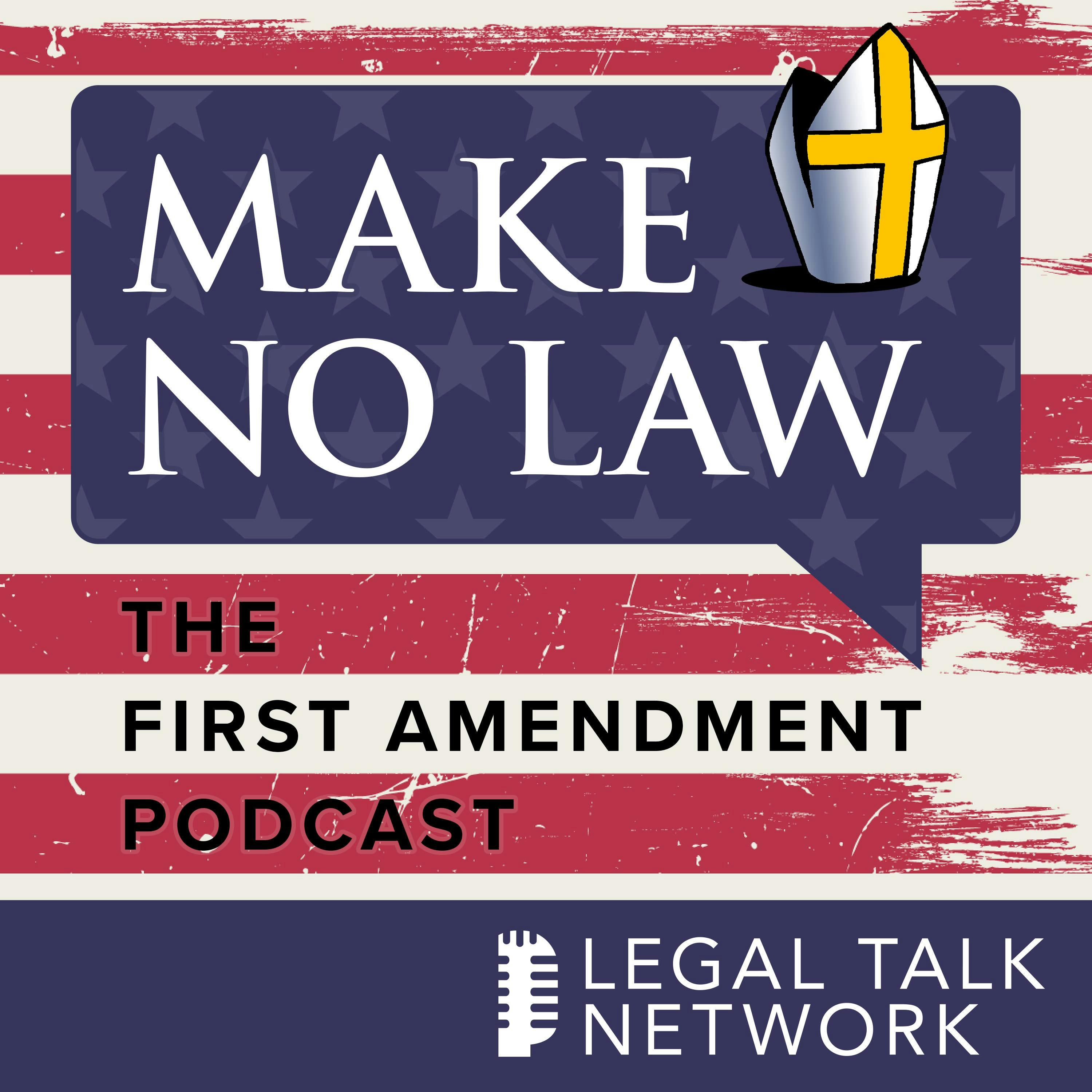
Disparagement, Contempt, and Disrepute

Make No Law: The First Amendment Podcast
Deep Dive
Why did Simon Tam name his band 'The Slants'?
Tam named his band 'The Slants' as a form of self-empowerment against the bigotry he faced as an Asian American, aiming to reclaim a negative stereotype and turn it into a tool of defiance and power.
What significant incident from Simon Tam's childhood influenced his perspective on reappropriation?
During middle school, Tam was attacked by a group of students who repeatedly called him racial slurs like 'Jap' and 'Gook'. His defiant response, claiming the slur 'chink' as his own, made them stop and made him realize the power of reclaiming an identity.
How did the United States Patent and Trademark Office (PTO) justify denying the trademark for 'The Slants'?
The PTO denied the trademark under Section 2(a) of the Lanham Act, which allows refusal if a trademark includes matter that may disparage or bring into contempt or disrepute persons, institutions, beliefs, or national symbols.
What was the PTO's process for determining if a trademark is disparaging?
The PTO first determines the likely meaning of the mark in the marketplace. If it refers to an identifiable group, they then assess whether the meaning might be disparaging to a substantial component of that group.
Why did Simon Tam and his lawyers shift their focus to a First Amendment argument?
Tam and his lawyers shifted focus because they realized the PTO's application of Section 2(a) disproportionately targeted marginalized groups like people of color and LGBTQ+ communities, burdening already disadvantaged groups and violating free speech rights.
What was the outcome of the Supreme Court case Matal v. Tam?
The Supreme Court ruled that Section 2(a) of the Lanham Act, which allows the PTO to deny trademarks it finds offensive, violates the First Amendment, vindicating Simon Tam and The Slants.
How did the PTO's false claims about 'The Slants' impact Simon Tam?
The PTO's false claims led to speaking events and band performances being canceled, and Tam receiving threats at his job, as people believed the government's misinformation about the band's name being racist.
What was the Supreme Court's stance on whether trademarks are commercial speech?
The Supreme Court did not definitively decide if trademarks are commercial speech, but ruled that under any standard of scrutiny, Section 2(a) fails to meet constitutional requirements.
- Simon Tam named his band 'The Slants' to reclaim a racial epithet.
- The PTO disagrees with the band's self-empowerment narrative.
Shownotes Transcript
Simon Tam named his band “The Slants” as a form of self empowerment, but ran into problems when he tried to tried to register the name as a trademark, and ended up taking the case to the Supreme Court. We examine the Matal v. Tam case in which the Supreme Court vindicated Simon Tam and The Slants, finding that Section 2(a) of the Lanham Act -- which allows the PTO to deny trademarks it finds offense -- violates the First Amendment.
Learn more about your ad choices. Visit megaphone.fm/adchoices)